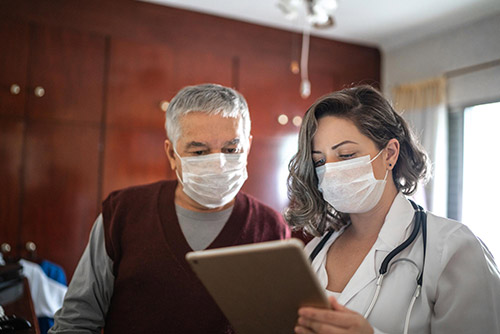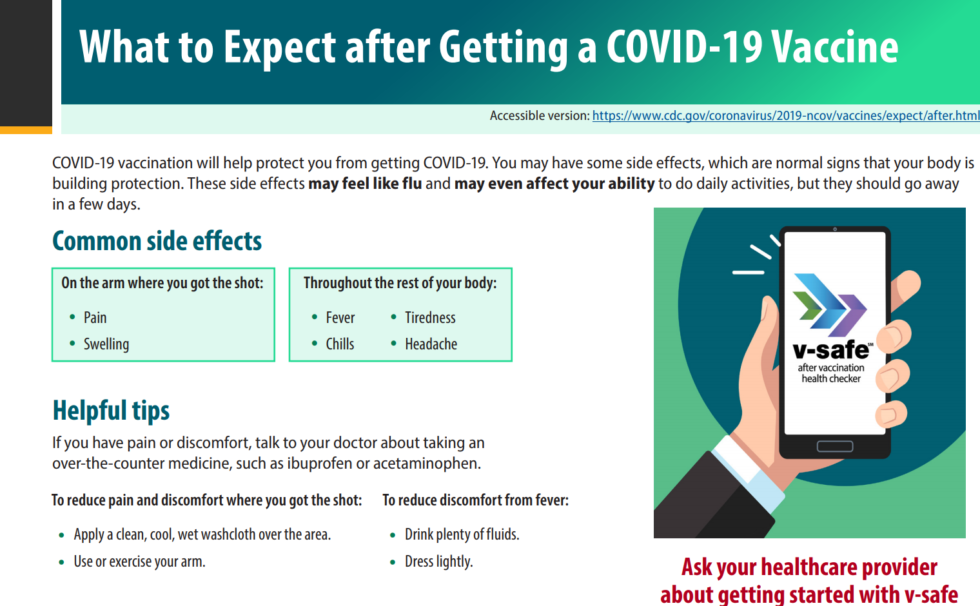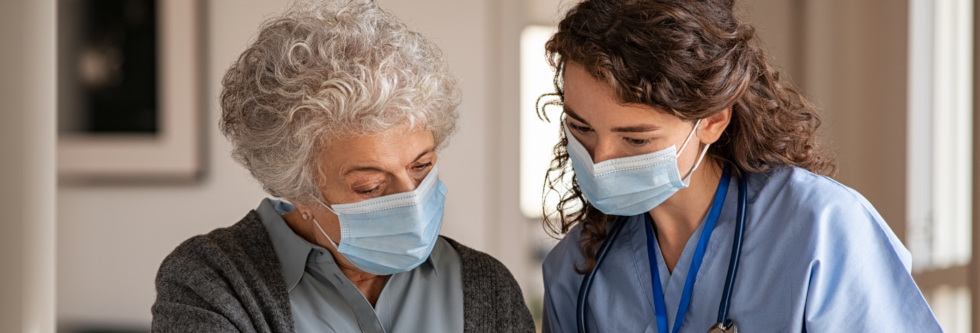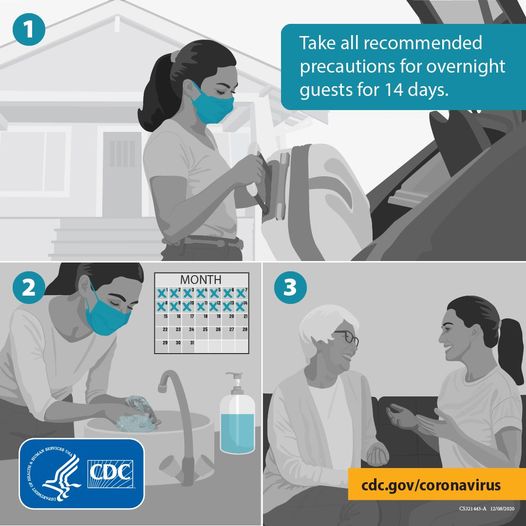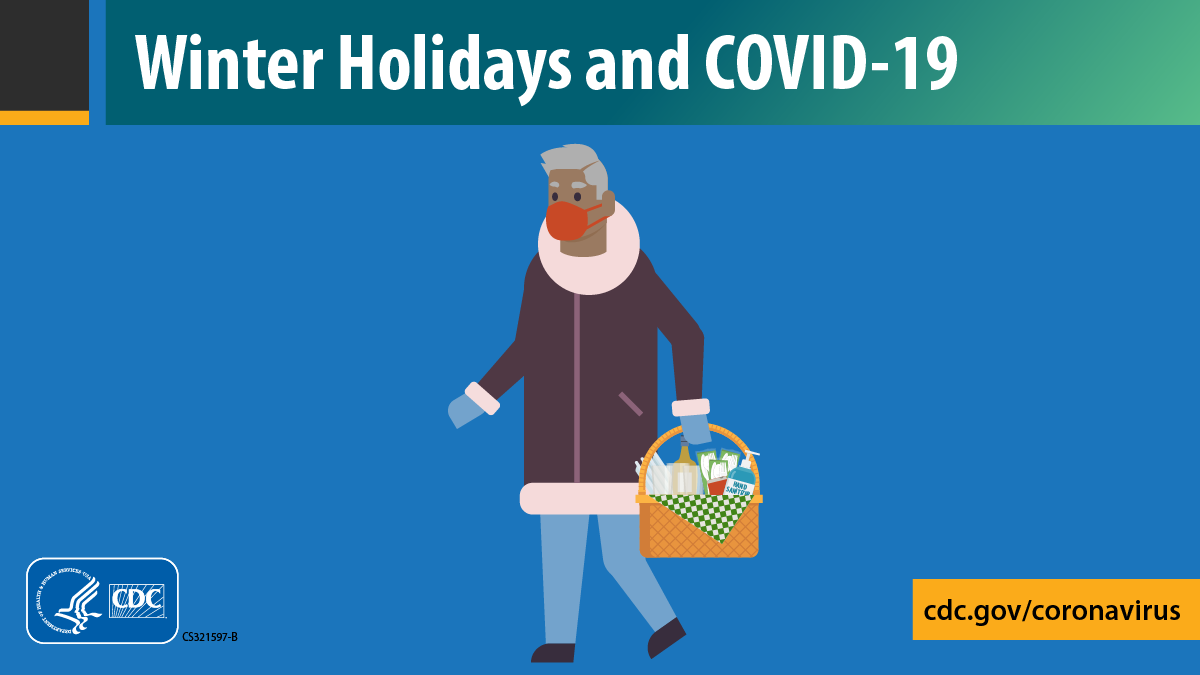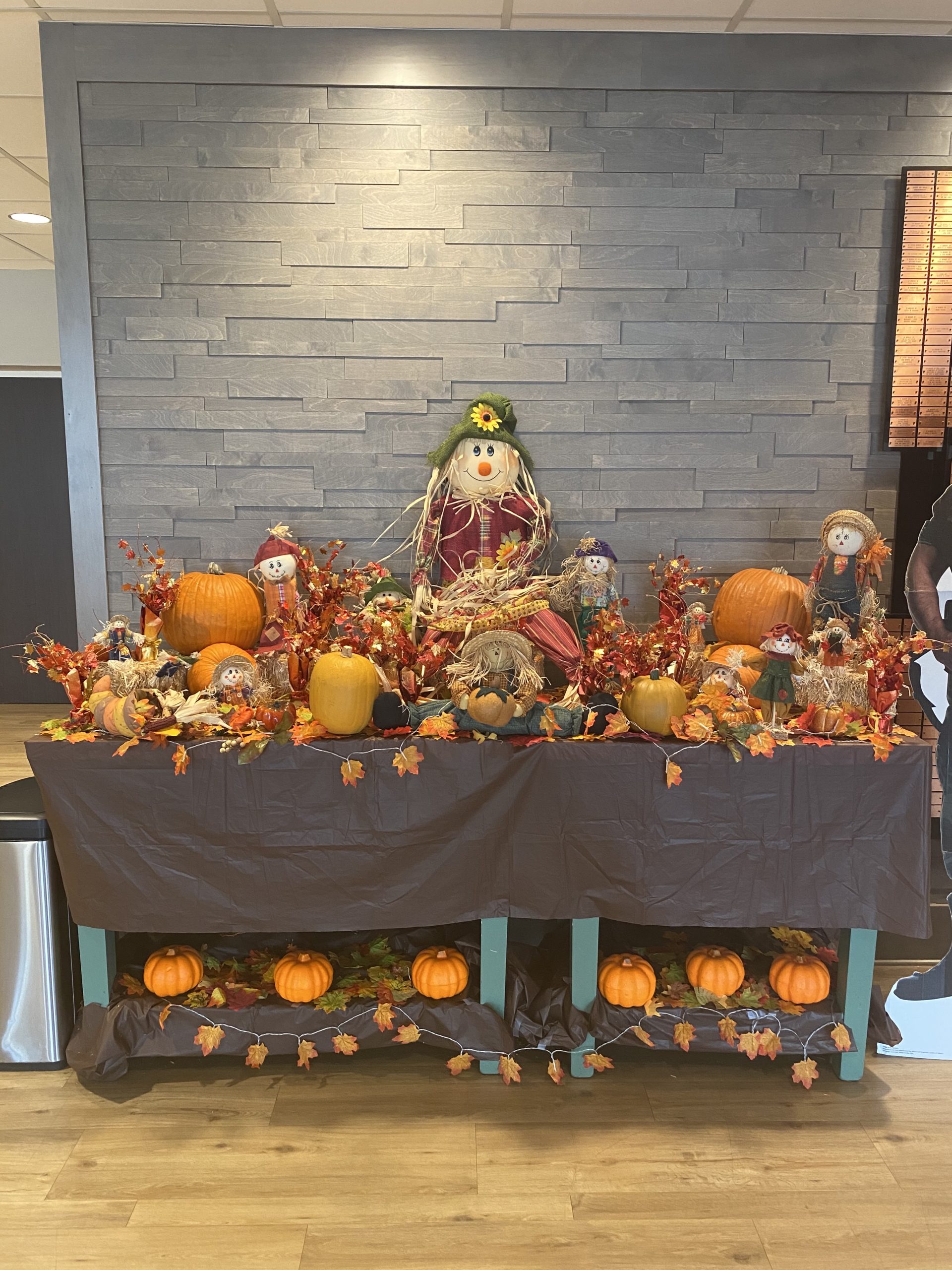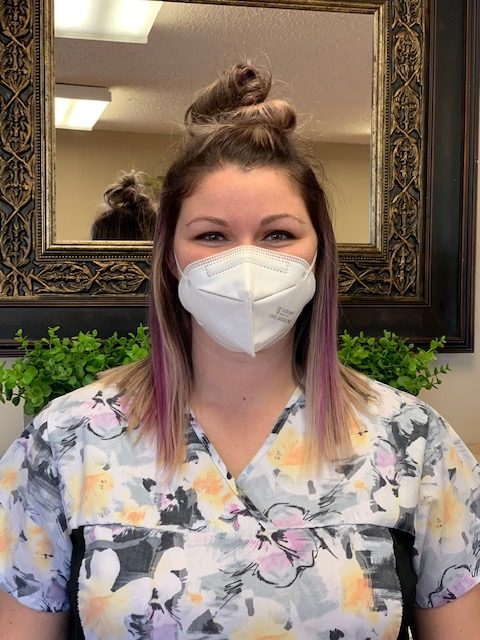Doctor Visits and Getting Medicines
January 11, 2021Talk to your doctor online, by phone, or e-mail.
- Use telemedicine, if available, or communicate with your doctor or nurse by phone or e-mail.
- Talk to your doctor about rescheduling procedures that are not urgently needed.
If you must visit in-person, protect yourself and others
- If you think you have COVID-19, notify the doctor or healthcare provider before your visit and follow their instructions.
- Cover your mouth and nose with a mask when you have to go out in public.
- Do not touch your eyes, nose, or mouth.
- Stay at least 6 feet away from others while inside and in lines.
- When paying, use touchless payment methods if possible. If you cannot use touchless payment, sanitize your hands after paying with card, cash, or check. Wash your hands with soap and water for at least 20 seconds when you get home.
To learn more visit: https://www.cdc.gov/coronavirus/2019-ncov/daily-life-coping/doctor-visits-medicine.html

